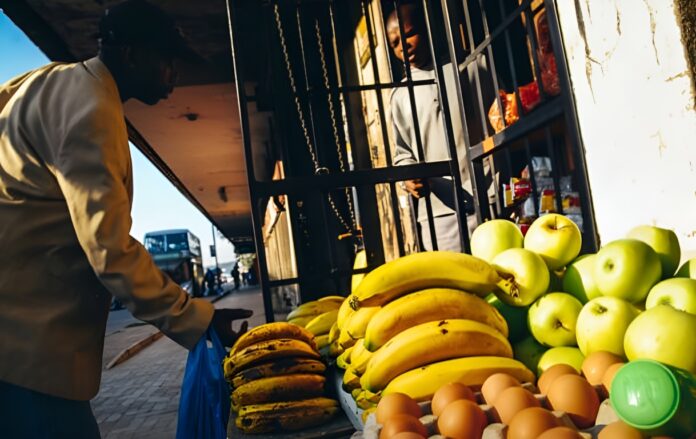According to Gauteng MEC for finance and economic development, Lebogang Maile, there are various requirements that need to be met to ensure the successful registration of spaza shops in the country – for both South African citizens and foreign nationals.
These include a correctly filed application form that provides personal and business details.
Requirements for South Africans:
- A certified and valid copy of a South African identity document
- Proof of residence
- Business registration with the CIPC
- Proof of ownership or permission to utilise business premises
- Zoning certificate and consent use or special consent use or comment from municipal City Planning
- Certificate of acceptability or comment from Environmental Health supporting the application
- Municipality-determined payment before a business license may be issued
Requirements for foreign nationals:
- Valid business visa: documentation from the Department of Home Affairs giving them authorisation to operate a business in South Africa. This must be in the form of a valid business visa or work permit.
- Eligibility for a business visa: as per South African law, is that a foreign national must invest a prescribed amount of R5 million into an existing business or provide a business plan with evidence of R5 million capital contribution.
Government findings: local citizens register spazas on behalf of non-compliant foreign nationals
In a statement posted on X (formerly Twitter) by Maile, various local governments across the country conducted an inspection which “unearthed the practice of South African citizens registering spaza shops on behalf of foreign nationals who are not compliant with the laws of the country.”
This “unnacceptable” practice, he states, not only makes it difficult for municipalities to compile valid data on enterprises in townships, but also creates legal challenges for the said South Africans where issues of negligence resulting in hospitalisations and deaths arise.
Furthermore, it poses a serious national security challenge “as the absence of documentation of foreign nationals means they do not exist in the system.”
As such, South African citizens registering spaza shops for non-compliant foreign nationals would be prosecuted.

